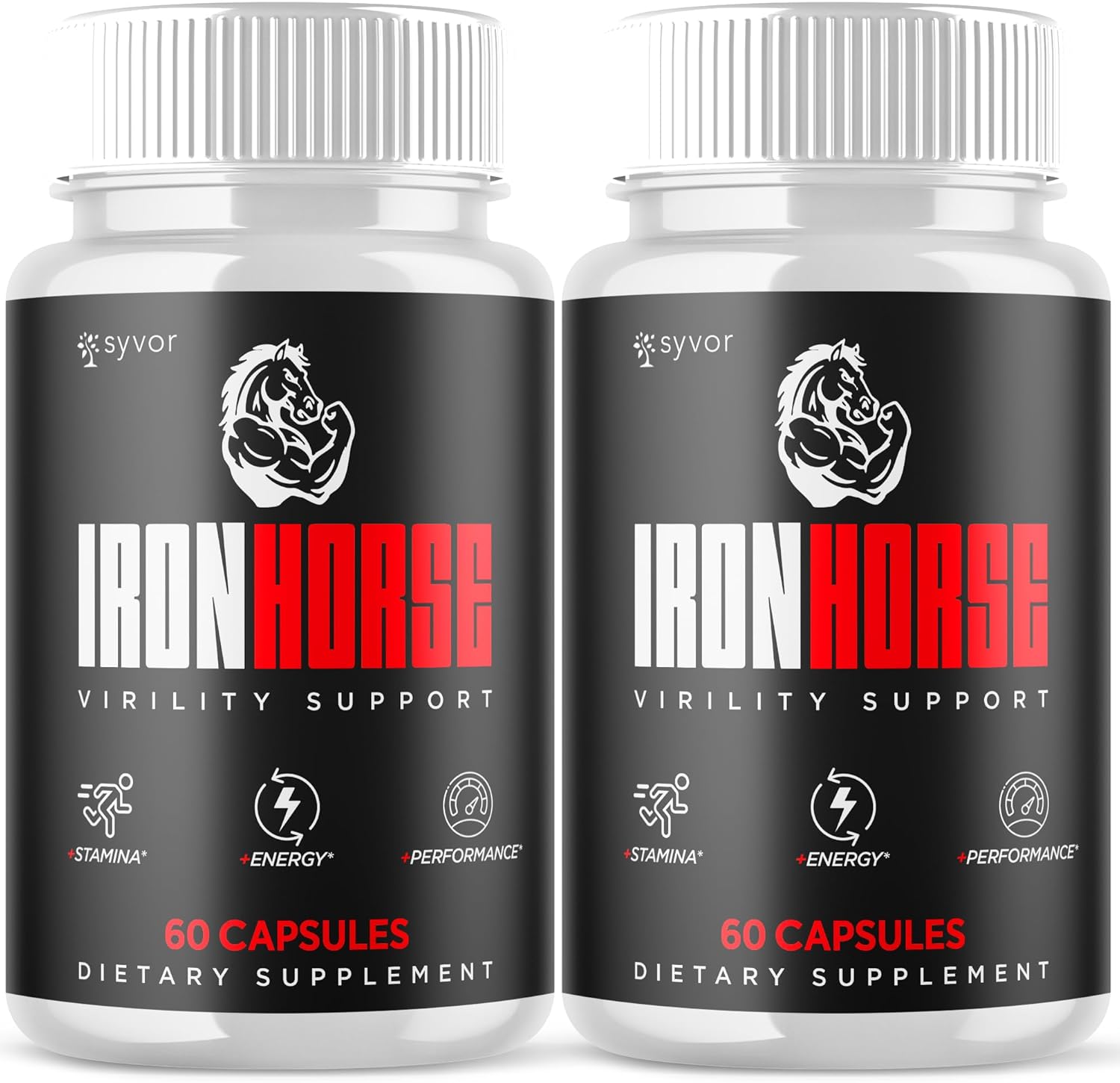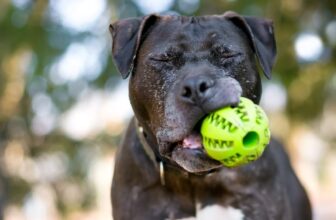
Check out our latest products
One of the most important decisions dog parents make daily is what to feed their dogs. High-quality, whole food diets can make a huge difference in your dog’s health, energy, and overall well-being.
What Are Whole Food Diets?
Whole food diets focus on natural, minimally processed ingredients. These diets typically include fresh meats, vegetables, and whole grains rather than heavily processed food with artificial additives. Think of it as the difference between a home-cooked meal and fast food for your pup.
Better Nutrition Means Better Health
When you feed your dog high-quality, whole foods, you’re providing better nutrition that their body can easily use. Fresh proteins help maintain strong muscles, while natural vitamins and minerals support everything from their immune system to their shiny coat. Many dog parents notice their pets have more energy and seem happier when eating better food.
Weight Management Made Easier
Quality whole food diets can help keep your dog at a healthy weight. These foods are often less calorie-dense than processed alternatives, meaning your dog feels full and satisfied without overeating. Since obesity affects about 60% of dogs today, choosing the right food is more important than ever for your pet’s long-term health.
Digestive Health Benefits
Whole food diets are generally easier for dogs to digest. Natural ingredients put less stress on your dog’s digestive system compared to artificial additives and fillers found in lower-quality foods. This can mean fewer stomach upsets and better bathroom habits for your pup.
Supporting Senior Dogs
As dogs age, their nutritional needs change. High-quality diets with appropriate protein levels help older dogs maintain muscle mass and stay active longer. Whole foods also provide natural antioxidants that may help support brain function and joint health as your dog enters their golden years.
Whole Food Diet Examples
Given below are some examples of whole food diets that can be safe for dogs.
Commercial Whole Food Options
Look for high-quality commercial dog foods that use whole ingredients like real meat, vegetables, and grains. Make sure the label has an AAFCO (Association of American Feed Control Officials) statement showing it’s “complete and balanced” for your dog’s life stage.
Home-Prepared Whole Food Diets
If you want to cook for your dog, here are some safe whole food ingredients that veterinary nutritionists often recommend:
Protein sources:
- Lean chicken breast or thigh (cooked)
- 99% lean ground turkey
- Fish like tilapia or salmon
- Lean pork tenderloin
Carbohydrates:
- Sweet potatoes
- Brown rice
- Oats
- Pearled barley
Vegetables:
- Green beans
- Carrots
- Broccoli
- Squash
Healthy additions:
- Small amounts of fish oil or hemp seed oil
- Plain canned pumpkin (for fiber)
Important Safety Notes
Always work with a veterinary nutritionist when creating home-cooked diets. Whole food diets need proper vitamin and mineral supplements to be complete and balanced. Missing nutrients like calcium, B12, or zinc can cause serious health problems.
If you’re considering switching to a whole food diet, do it gradually over 4-7 days. Start by mixing small amounts of the new food with your dog’s current diet, slowly increasing the new food while decreasing the old. This helps prevent digestive upset during the transition. And remember, even healthy treats should only make up 10-15% of your dog’s daily calories.
While high-quality, whole food diets often cost more upfront, they’re an investment in your dog’s health that may save money on veterinary bills down the road. However, every dog is different, and what works for one may not work for another.
Before making any major changes to your dog’s diet, it’s always best to talk with your veterinarian. They can help you choose the right nutrition plan based on your dog’s age, health status, and specific needs.



![[PETHROOM] Cat Nail Clipper Trimmer for Indoor Cats with Circular Cut Hole (2mm) | Premium Sturdy Stainless Steel Blade Cat Claw | Safe, Easy, Accurate, Quiet & Fast | Avoid Overcutting](https://m.media-amazon.com/images/I/6156hi88deL._AC_SL1298_.jpg)
![[PETHROOM] Professional Eye Comb for Pets | Stainless Steel Tear Stain Remover for Cats & Dogs | Gentle Round-Head Grooming Tool | Compact & Portable for Eye Gunk Removal](https://m.media-amazon.com/images/I/71+W758uwXL._SL1500_.jpg)









